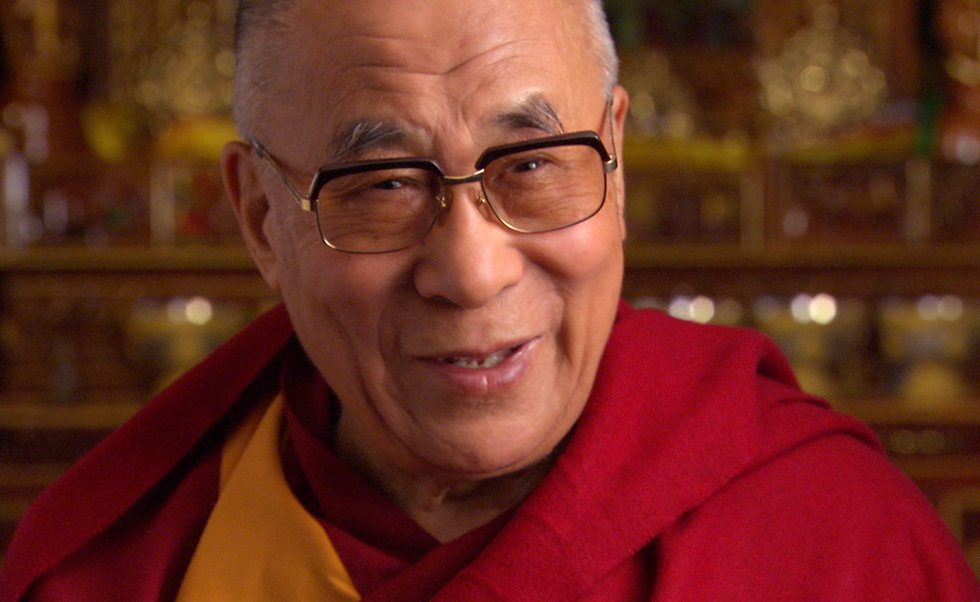
Tenzin: Struggling with Silence
Set in Toronto, Tenzin tells the story of Tenzin (Tenzin Kelsang), a Tibetan Canadian grieving the loss of his brother back home. As a form of non-violent protest against the Chinese occupation of the country, Tenzin’s brother self-immolates, being branded a martyr by his countrymen. As he reflects upon the impact made by his brother’s death, Tenzin…

